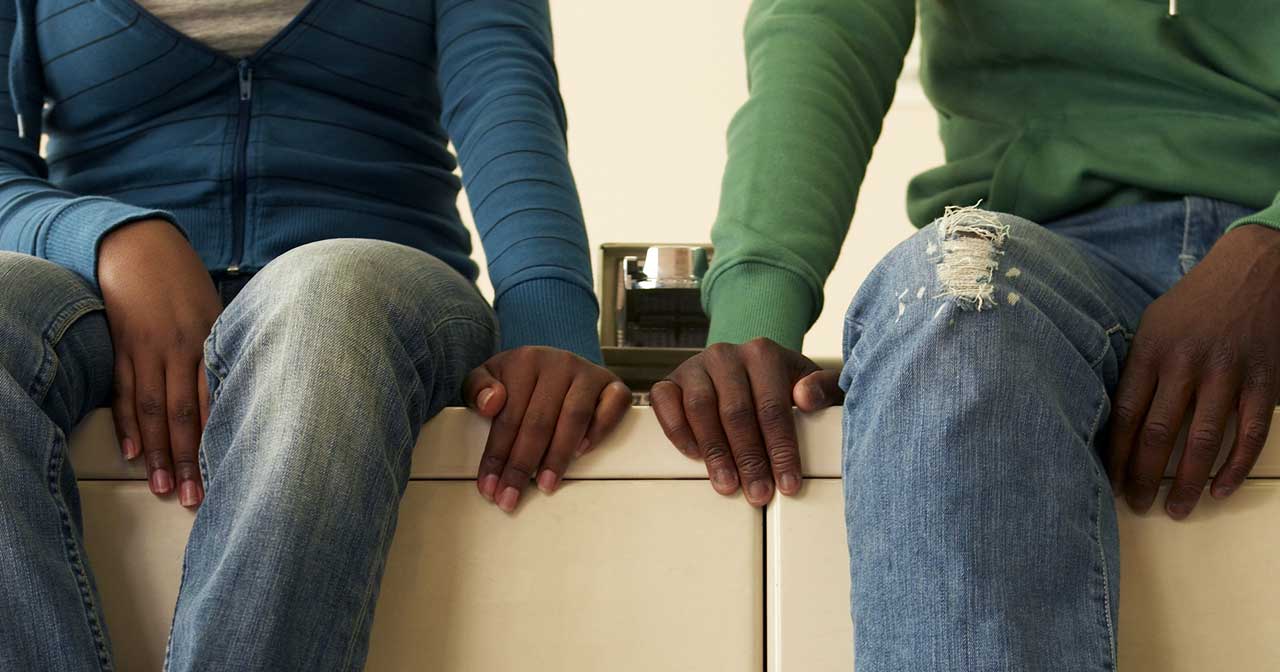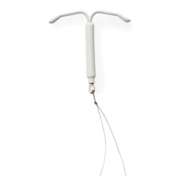Will an IUD make your period go away?
It may depend on what your period was like before you got one.

One major potential selling point of hormonal IUDs is their ability to sometimes make periods lighter and shorter. For about 1 in 5 people using the Mirena or LILETTA IUDs, periods stop altogether after a year.
But is it just random chance as to whether your period stops or not? New research from the massive CHOICE study shows that there are some factors that make you more or less likely to stop bleeding with a hormonal IUD.
The study looked at the 1,802 women in CHOICE who used a Mirena IUD for at least a year. The researchers asked the women before they started the IUD how heavy their monthly bleeding was according to the categories “light” (10 tampons or pads per month or fewer), “normal” (11 - 20), “moderately heavy” (21-30), or “heavy” ( more than 30 tampons or pads per month).
Lighter bleeding = higher chance that periods will stop
So what were the results? After using the IUD for a year, women with light and normal bleeding were most likely to stop bleeding altogether, with 21% (light) and 16% (normal) reporting no periods in the last 6 months. In contrast, only 10% of those with moderately heavy periods and 5% of those with heavy periods reported their period going away.
The researchers also found that women who’d had three or more pregnancies were somewhat less likely to stop bleeding, as were African American women. That could be due to higher rates of uterine fibroids and heavier periods among African American women on average. (FYI, hormonal IUDs are considered a good treatment for fibroids!)
Perk, or no go?
For some, not having a period is a benefit, while others may prefer to have regular reassurance that they’re not pregnant. If you’re considering a hormonal IUD and feel strongly one way or another, this study could help you figure out whether to take the leap.
BTW, if you like the idea of not having a period but you don’t think the IUD is the best option for you, check out continuous use of the pill—after one year up to 2 in 3 women’s periods have stopped.
How do you feel about this article?

Heat up your weekends with our best sex tips and so much more.
